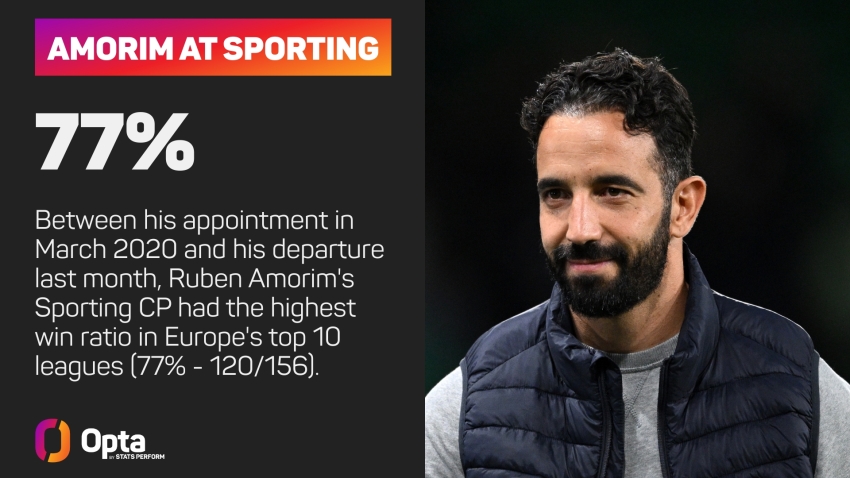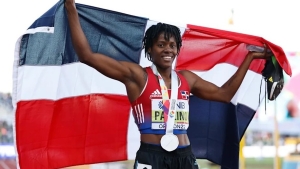Marileidy Paulino of the Dominican Republic solidified her status as one of the all-time greats in the 400m, capturing Olympic gold in a stunning and historic race at the Paris 2024 Games on Friday. In what is now the fastest 400m race in Olympic history, Paulino stormed to victory, shattering the Olympic record with an extraordinary time of 48.17 seconds.
Paulino, known for her powerful and controlled running style, took command of the race from the start. She maintained her composure through the first 300m and then unleashed a devastating kick down the home stretch, pulling away from a world-class field to claim her first Olympic title. Her time of 48.17 seconds broke the long-standing Olympic record of 48.25 seconds, set by Marie-José Pérec at the 1996 Atlanta Games.
Trailing Paulino was Bahrain's Salwa Eid Naser, who clocked a season-best 48.53 seconds to take the silver medal. Naser, who has been gradually returning to her best form after a few challenging seasons, showed glimpses of the brilliance that saw her run the third-fastest time in history, 48.14 seconds, at the 2019 World Championships in Doha.
The bronze medal went to Natalia Kaczmarek of Poland, who crossed the line in 48.98 seconds, marking her as the third woman in the race to break the 49-second barrier—a testament to the extraordinary quality of the competition.
The race was exceptional from start to finish, with all eight finalists clocking sub-50-second times. Ireland’s rising star, Rhasidat Adeleke, finished fourth in 49.28 seconds, just a fraction ahead of Great Britain's Amber Anning, who set a new personal best of 49.29 seconds. Alexis Holmes of the USA also set a lifetime best, finishing sixth in 49.77 seconds, while Sada Williams of Barbados was seventh in 49.83 seconds. Norway's Henriette Jaeger rounded out the field, finishing eighth in 49.96 seconds.
Paulino’s victory adds another prestigious trophy to her growing collection, which already includes two World Championship silver medals. Her performance in Paris not only cements her legacy but also raises the bar for future generations of 400m runners.




























